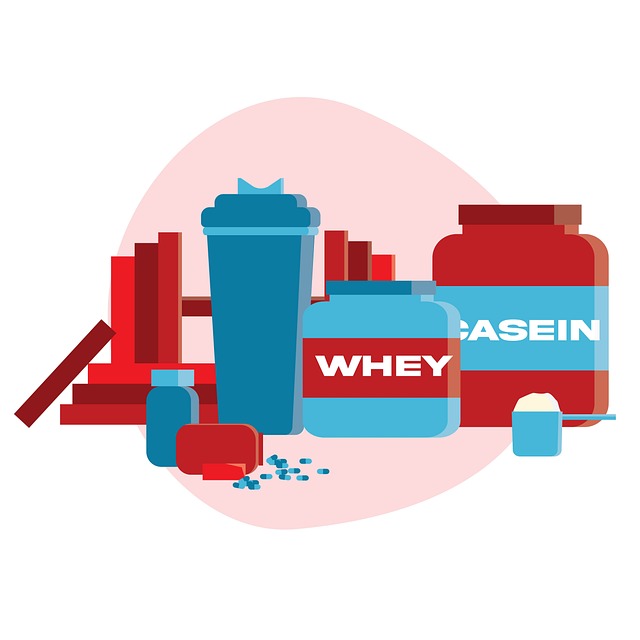Boost Your Health with Protein Supplements: A Guide to Healthy Nutrition and Lifestyle
In today’s fast-paced world, maintaining a healthy lifestyle can sometimes feel overwhelming. Between work, family, and personal commitments, carving out time to plan balanced meals or hit the gym regularly is no small feat. This is where protein supplements come into play, offering a convenient and effective way to support your journey towards optimal health.
The Role of Protein in a Healthy Lifestyle
Protein is an essential macronutrient that plays a critical role in building and repairing tissues, supporting immune function, and producing vital hormones and enzymes. For those committed to a healthy lifestyle, ensuring adequate protein intake is crucial—not only for muscle recovery after workouts but also for maintaining energy levels throughout the day.
However, relying solely on traditional food sources for protein can be challenging, especially with busy schedules. That’s why protein supplements have become popular among fitness enthusiasts, working professionals, and anyone looking to enhance their nutritional intake effortlessly.
Incorporating Protein Supplements into Healthy Nutrition
Integrating protein supplements into your diet doesn’t mean discarding whole foods or traditional meals. Instead, they act as a complementary option to fill nutritional gaps. Whether you prefer whey, plant-based, or casein proteins, choosing the right supplement can offer flexibility and convenience.
For example, a quick protein shake in the morning can provide the fuel needed to kickstart your day, while a post-workout smoothie can accelerate muscle recovery. Additionally, protein supplements can help promote satiety, which assists in controlling appetite and managing weight as part of a balanced nutrition plan.
Practical Tips for Using Protein Supplements Effectively
- Choose quality: Look for protein supplements with minimal additives and high bioavailability to ensure your body gets the best nutrients.
- Balance your diet: Protein supplements should enhance—not replace—a well-rounded diet rich in vegetables, fruits, whole grains, and healthy fats.
- Stay hydrated: Drinking enough water is vital when increasing protein intake to support kidney function and overall health.
- Consult a professional: Before adding protein supplements regularly, consider speaking with a nutritionist or healthcare provider to tailor your intake to your individual needs.
By thoughtfully including protein supplements within your nutrition and lifestyle habits, you can energize your body, promote wellness, and stay on track toward your health goals. Remember, the best path to health is one that fits your life and empowers you to thrive daily.


